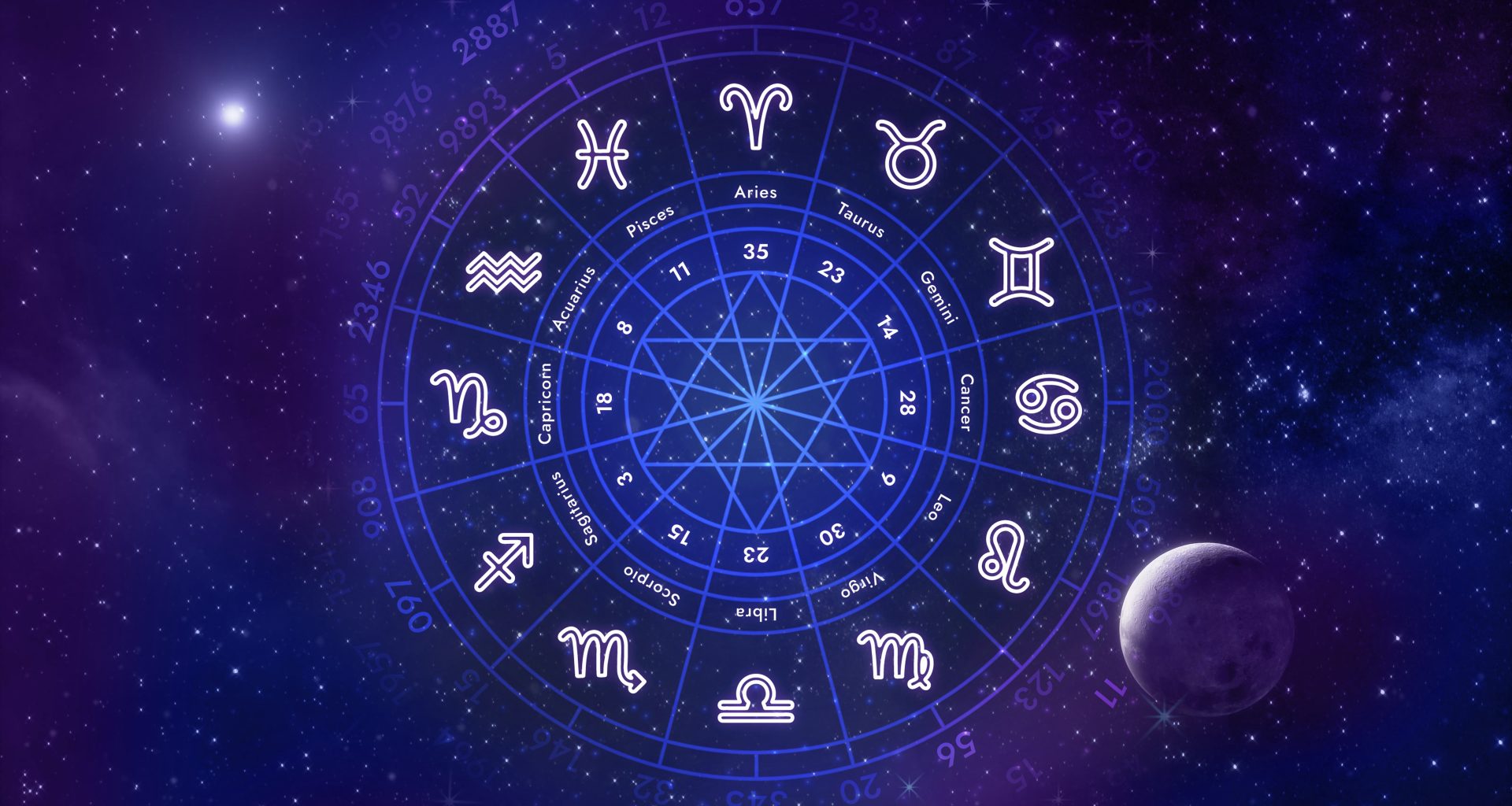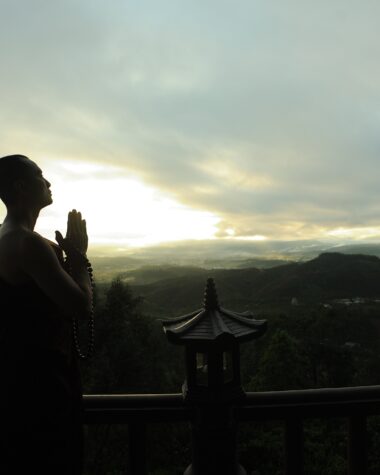Step into the intriguing world of Carl Jung, a pioneer in psychology whose groundbreaking work continues to captivate and inspire. Join us on a journey through the realms of symbolism, archetypes, and astrology as we delve into Jung’s revolutionary integration of these elements into the fabric of modern psychology. Discover how his exploration paved the way for a deeper understanding of the human psyche and its connection to the cosmos.
Jung’s exploration of the symbolism and archetypes in astrology
Carl Jung, a pioneer in psychology, delved into the realm of astrology with an open mind and a keen interest in symbolism. He saw beyond mere horoscopes to explore the deeper layers of meaning embedded in astrological archetypes. For Jung, astrology wasn’t just about predicting the future; it was a tool for understanding the human psyche on a profound level.
By studying planetary alignments and celestial patterns, Jung uncovered universal symbols that resonated across cultures and time periods. These archetypes, such as the mother figure or the hero’s journey, were reflected not only in myths and dreams but also in astrological charts.
Jung believed that these symbolic representations held valuable insights into our unconscious minds, helping us uncover hidden motivations and understand our inner conflicts better. In integrating astrology into his psychological framework, Jung expanded the boundaries of conventional therapy and offered a holistic approach to personal growth and self-discovery.
The concept of synchronicity and its relation to astrology
Carl Jung delved into the mysterious realm of synchronicity, a concept that challenges traditional notions of cause and effect. For Jung, synchronicity represented meaningful coincidences that couldn’t be explained by logic alone. These occurrences often held profound significance for an individual’s psyche and journey towards self-discovery.
In the context of astrology, synchronicity plays a pivotal role in understanding the interconnectedness between celestial events and human experiences. The alignment of planetary movements with personal growth points to a deeper universal order at play.
Astrological readings can act as mirrors reflecting back patterns and archetypes present in our own lives. By recognizing these parallels, individuals may gain insight into their innermost thoughts, emotions, and behaviors.
The use of astrology in therapeutic practices
Astrology has found a unique place in therapeutic practices, thanks to Carl Jung’s groundbreaking work. Therapists often use astrology as a tool to help clients gain insight into their subconscious patterns and behaviors. By analyzing birth charts and planetary alignments, therapists can uncover hidden aspects of an individual’s personality and struggles.
The symbolic language of astrology allows for deep introspection and self-discovery. Clients may find comfort and validation in seeing their experiences reflected in the cosmic energies at play during their birth. This can lead to profound insights that facilitate healing and personal growth.
Moreover, incorporating astrology into therapy sessions can provide a framework for understanding recurring themes or challenges in one’s life. It offers a holistic perspective that considers not only the individual but also their connection to the universe at large.
Also Read: 5 Key Tips for Finding the Perfect Prom Dress: Prom Night Glamour Edition
Conclusion: The lasting influence of Carl Jung’s integration of astrology in psychology
In his pioneering work, Carl Jung revolutionized the field of psychology by introducing astrology as a tool for understanding the human psyche. By exploring symbolism, archetypes, and the concept of synchronicity within astrology, Jung provided a new perspective on how cosmic forces can influence our inner world.
The use of astrology in therapeutic practices has opened up new possibilities for self-discovery and personal growth. By integrating astrological insights into therapy sessions, practitioners can help individuals gain a deeper understanding of themselves and navigate life’s challenges more effectively.
Jung’s legacy lives on in modern psychology, where researchers continue to explore the connections between astrology and human behavior. The lasting influence of Jung’s integration of astrology in psychology reminds us that there is still much to learn about the mysteries of the cosmos and their impact on our mental and emotional well-being.








